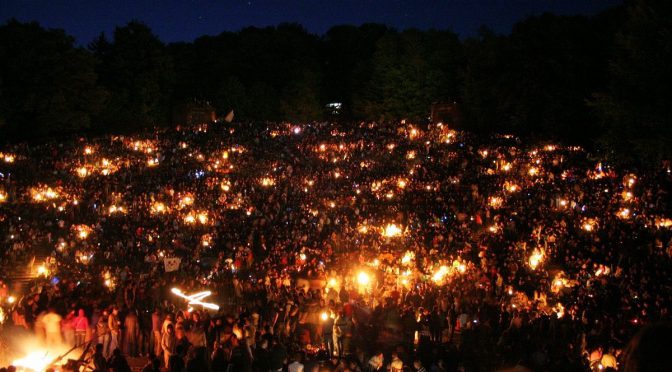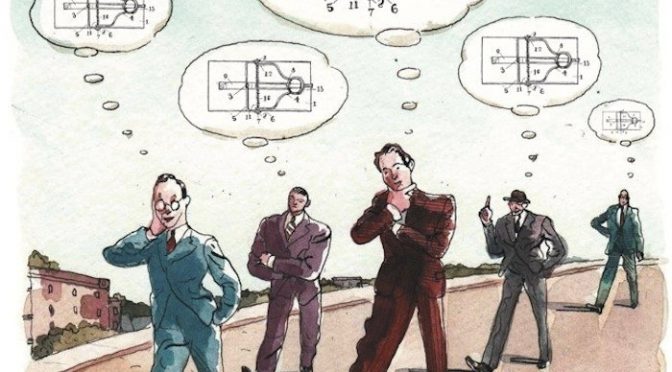When looking at the history of Europe, one of the interesting things that comes up time and time again is the overlap of Christian holidays (particularly Catholic) with Pagan precursors. It’s pretty well known that Halloween is actually a Christian holiday that was created to overlap with the Samhain. Christmas probably had some influences from the Saturnalia and Yule. Easter may have straight up taken its name from a pagan goddess. But how Christians react to these holidays today is based in large part on just how much the church sold the “Christian” aspects of it. Easter and Christmas, anchored deeply into the lore of Jesus himself, is now generally forgotten by the general worshiper to have some pagan roots, but Halloween?

And because these three holidays are the most widely celebrated of the Christian holidays, they kind of shape how we think of Christian holidays as a whole. For those who don’t go out of their way to find these origins, it seems ridiculous that these holy days may be related to pagan holidays. Meanwhile, for those who’ve been told about this often, it often leads to the belief that every single holiday Christians ever came up with were to rip off the pagans (even when this isn’t necessarily true). But when someone takes the time to really look into the history of these holidays, it often turns out to be more complicated than first glance.
Like, for instance, when people celebrate the same holidays in the same fashion for the same reasons… to completely different gods. Continue reading Witchy Holidays







